Public Lands Transportation Fellows Explore Federal Opportunities, Meet, and Present at TRB 2024
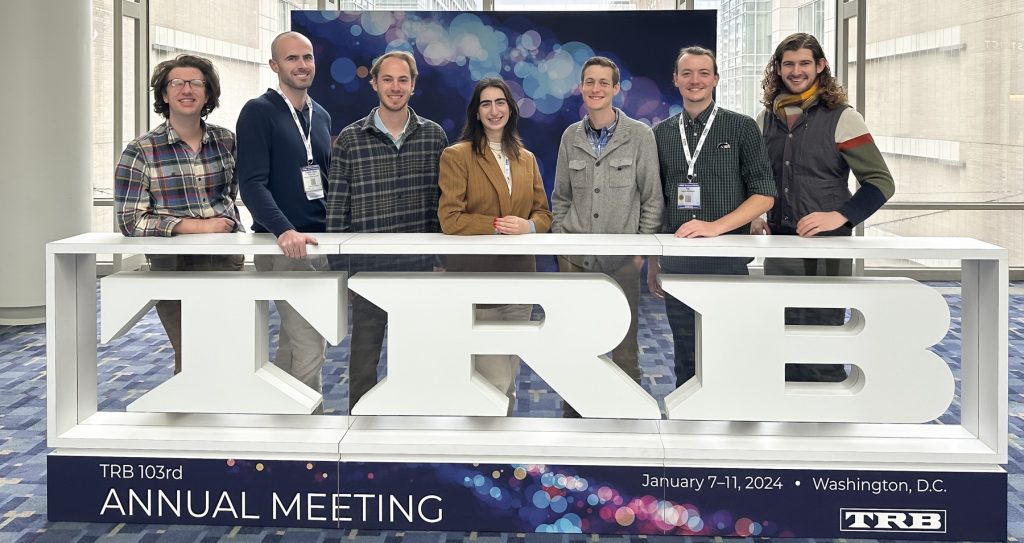
The Public Lands Transportation Fellows (PLTF) program is a collaboration between WTI, the National Park Service, and the US Fish & Wildlife Service, that provides outstanding graduate students with transportation-related fellowships and long-term job opportunities in federal land management agencies. WTI is particularly proud of this program, its participants, and their creativity and problem-solving acumen. […]
WTI Employees Take the Lead in Transportation as TRB Chairs
This January, three WTI researchers will have the honor and responsibility of presiding over committees they chair at the 2023 Transportation Research Board (TRB) Annual Meeting (January 8-12th) in Washington, D.C. TRB is one of seven programs housed in the National Academies of Science, Engineering, and Medicine, and facilitates research, the exchange of ideas, and […]
TRB Annual Meeting Zooms Into Week Three
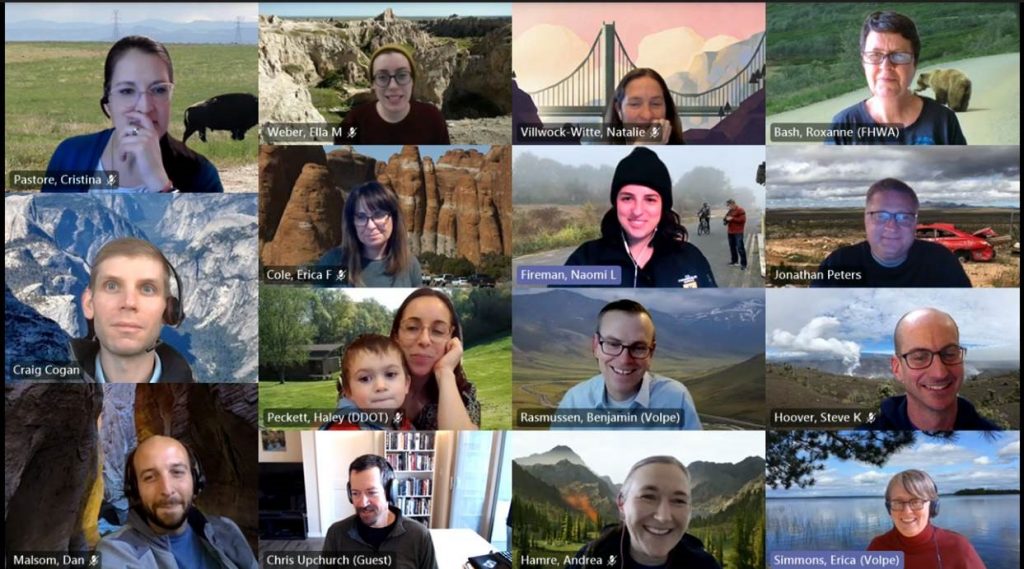
The NAS Transportation Research Board continued its revamped Annual Meeting last week, holding virtual technical committee meetings on a wide range of research topics. In this “snapshot” of what the forums look like this year, can you spot some familiar WTI faces at a Transportation Needs of National Parks and Public Lands Committee event last […]
Why did the bear cross the road? Because he had it all to himself
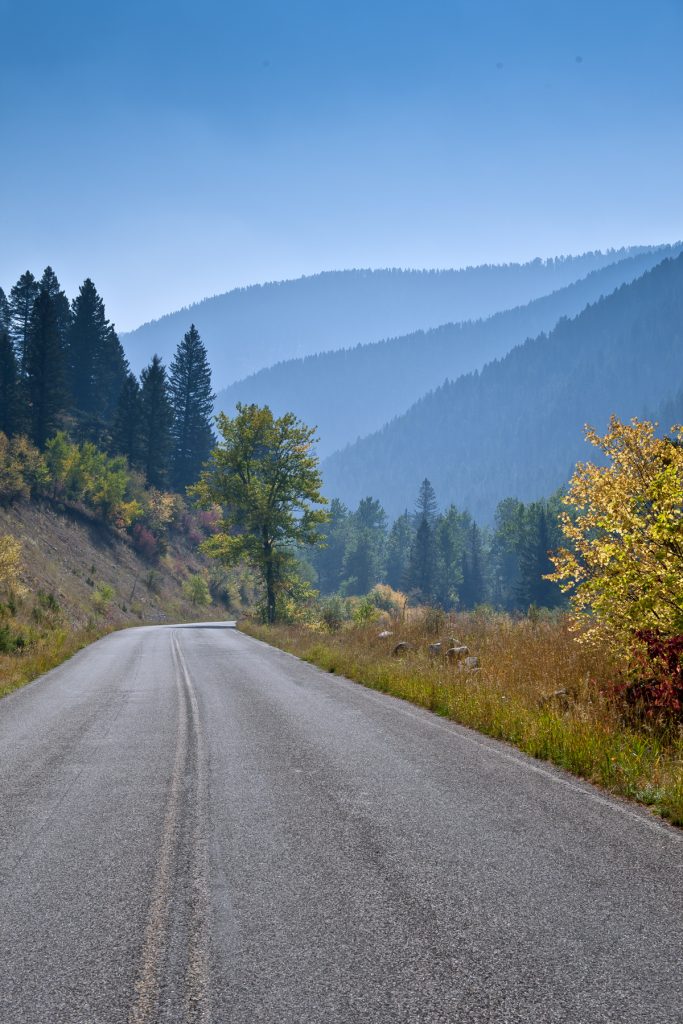
Discover Magazine Interviews WTI Researcher about Wildlife Behavior during Pandemic Humans are staying home more and traveling less during the current COVID-19 restrictions. What does that mean for wildlife? Discovery Magazine recently talked to WTI Research Scientist Tony Clevenger for an online article called “National Parks Are Empty During the Pandemic — and Wildlife Are […]
Do You Know a Good Candidate for the Public Lands Transportation Fellows Program?
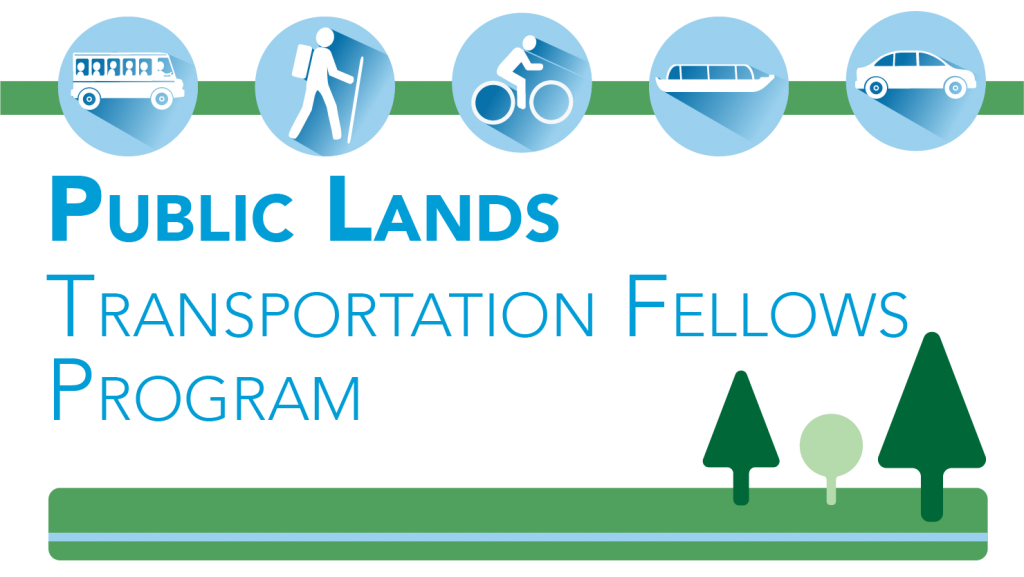
The application process for the 2020 Public Lands Transportation Fellows (PLTF) Class is now open!! The PLTF program provides fellowships to recent graduates (sometimes current graduate students) in a transportation-related engineering, planning, or resource management program. They receive a unique opportunity for learning, career development, and public service within a federal land unit or agency […]
TRB Committee Elects WTI Researcher as New Chair
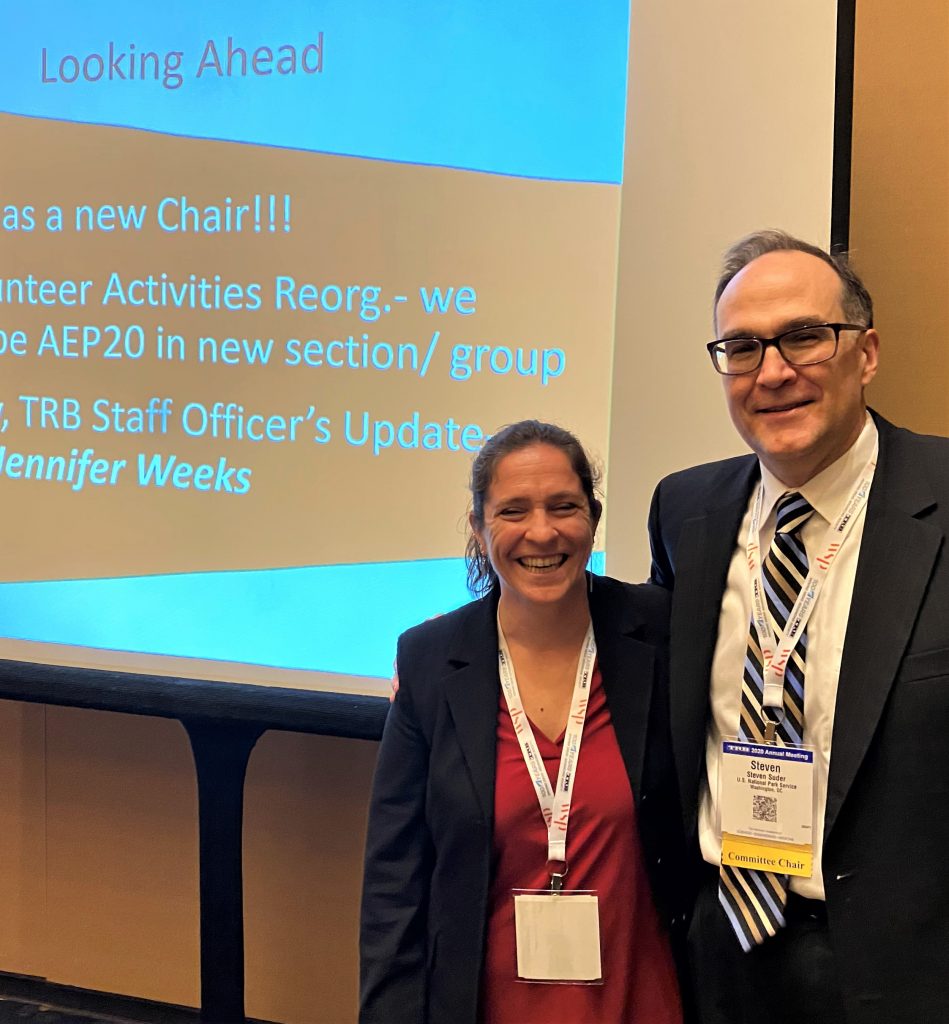
Congratulations to WTI’s Natalie Villwock-Witte! She was selected as the new chair of a National Academy of Sciences Transportation Research Board (TRB) Committee — ADA 40, Transportation Needs of National Parks & Public Lands. She will serve a three-year term starting in April, succeeding outgoing chair and longtime friend of WTI, Steve Suder. WTI has […]
Transportation Fellows Benefit from Networking and Learning Opportunities at TRB Forums
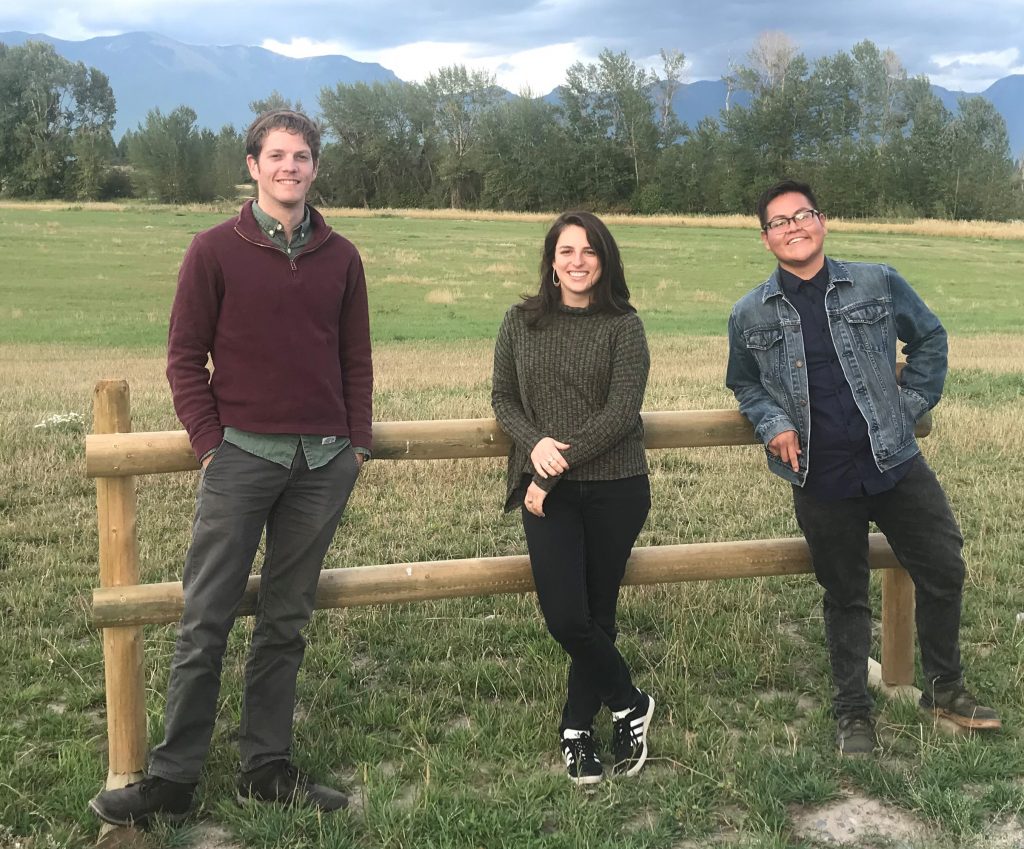
Recently, WTI co-hosted the Transportation Research Board (TRB) International Conference on Low Volume Roads, held in Kalispell, Montana earlier this fall. Attendees who stayed a few extra days could opt to take part in another Transportation Research Board (TRB) event – the mid-year meeting of the TRB Committee on Transportation Needs of National Parks and […]
Meet the Fellows!
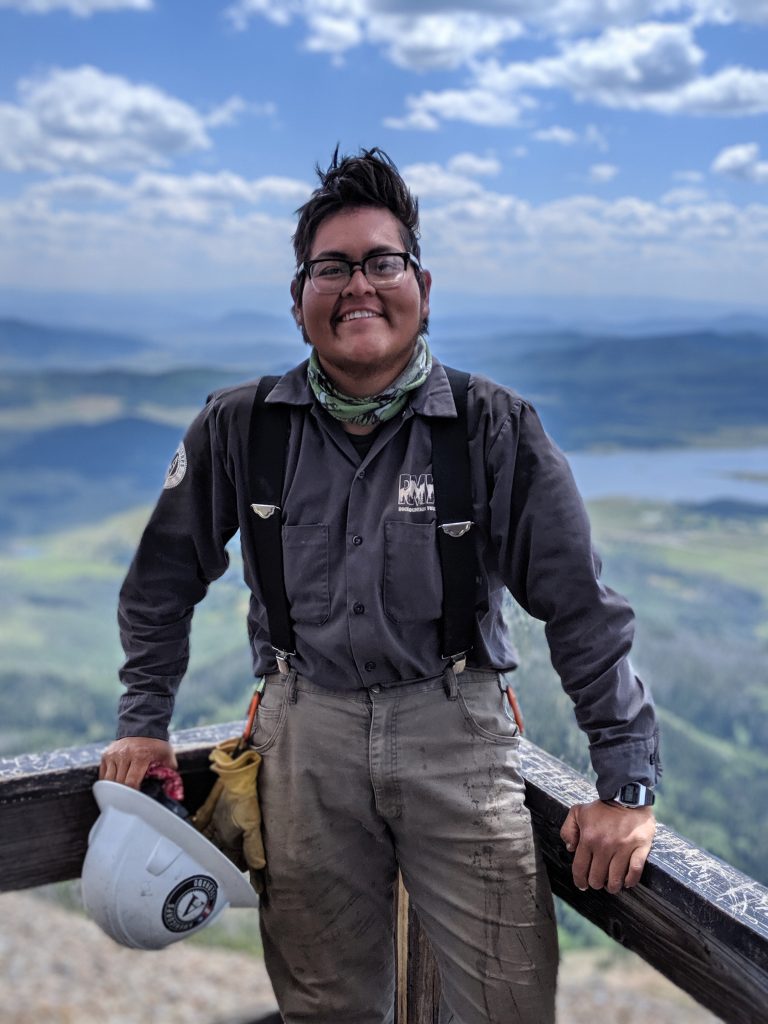
The newest Fellow participating in the Public Lands Transportation Fellows program is Nathan Begay, who started working at the Valle de Oro Urban Wildlife Refuge in Albuquerque, New Mexico in September. Nathan graduated from the University of New Mexico with a Masters in Community and Regional Planning with an emphasis in Physical Planning and Design. […]
New Transportation Fellow Arrives at National Wildlife Refuge
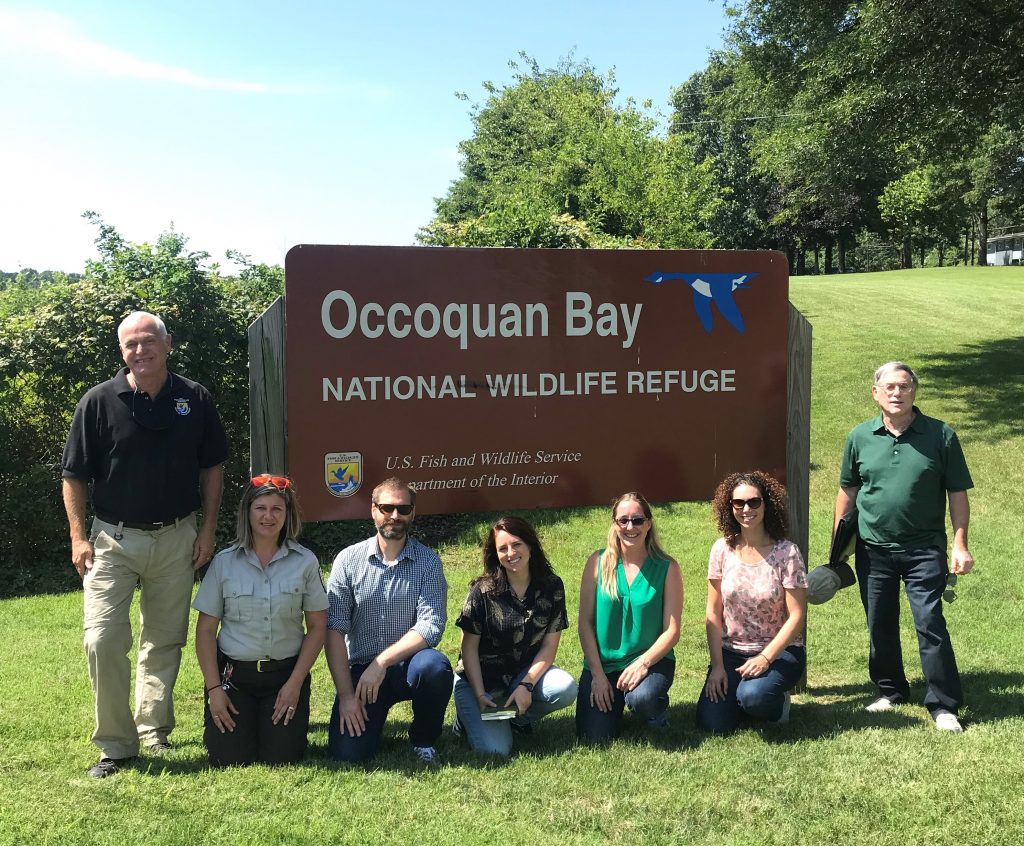
The Public Lands Transportation Fellows program has welcomed its first fellow for 2019-2020! In early July, Naomi Firemen arrived at the Potomac River National Wildlife Refuge Complex for training in her new position. The Complex encompasses three individual wildlife refuges in the Virginia/Washington D.C. area. Most of Naomi’s work will focus on improving transportation options […]
Unique Fellowship Opportunities available in National Wildlife Refuges
Do you know a graduate student or young professional who is looking for a unique opportunity to gain experience in resources management, public lands visitation, and transportation planning? The Public Lands Transportation Fellows program is now accepting applications for its 2019 class. Fellows work with staff at a unit or region/field office to develop or implement […]
